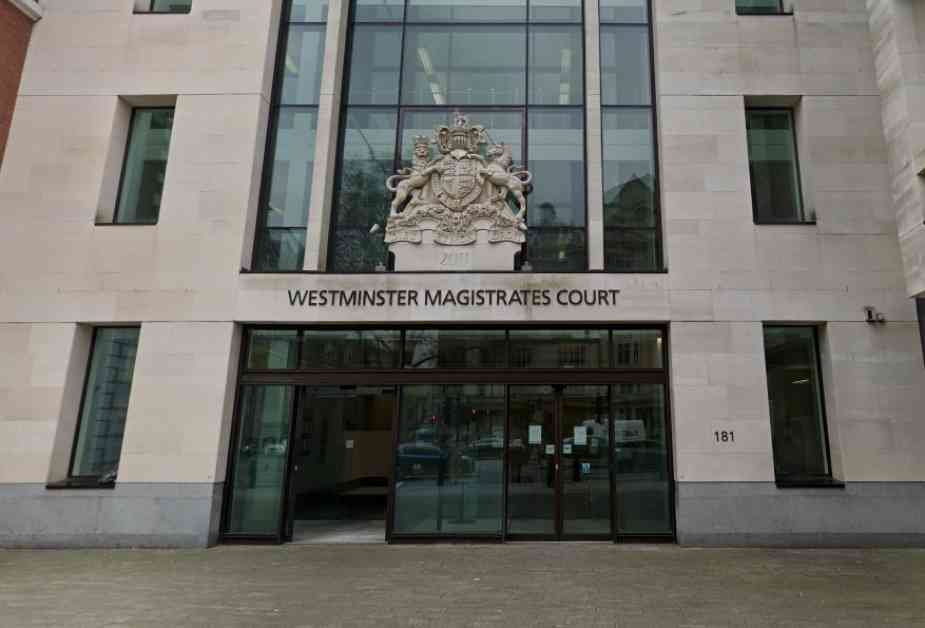Resident Extradition to Poland Approved for Drug Cultivation Charge
In a recent ruling by the Westminster Magistrates’ Court, a Warrington resident, Marek Zerominski, has been approved for extradition to Poland on charges of drug cultivation. The 33-year-old, residing on Gough Avenue in Longford, faced the court following a certificate issued under the Extradition Act 2003. The warrant issued by Polish authorities included allegations of theft, driving while intoxicated, and drug cultivation, leading to the extradition order.
Extradition Hearing Details
The extradition hearing shed light on the circumstances surrounding Marek Zerominski’s arrest and subsequent legal proceedings. The court documents revealed that the Polish authorities had issued a warrant for his arrest, prompting the extradition process. The hearing meticulously examined the charges against Zerominski, weighing the evidence presented by both parties to determine the validity of the extradition request.
Court’s Decision and Conditions of Bail
After careful consideration of the case, the court ruled in favor of Zerominski’s extradition to Poland. However, the extradition order came with several conditions of bail to ensure his compliance with legal requirements. Zerominski was placed under a monitored curfew, restricted from international travel, and required to keep his mobile phone on him at all times. Additionally, he must report to the Warrington police station twice a week and reside at his Longford address every night.
Furthermore, the court mandated that Zerominski pay court costs amounting to £650, emphasizing the financial implications of the legal proceedings. The decision to extradite Zerominski to Poland was based on the court’s assessment that such an action was not disproportionate given the nature of the charges against him.
Throughout the extradition hearing, Zerominski’s legal representation argued for leniency and fairness in the proceedings. They emphasized the need for a balanced approach to justice, taking into account Zerominski’s personal circumstances and ensuring that he receives a fair trial in Poland. The court’s decision reflected a balance between upholding the law and safeguarding the rights of the accused.
As the legal process unfolds, Zerominski’s case serves as a reminder of the complexities involved in extradition proceedings. The intricacies of international law, the rights of the accused, and the obligations of the judiciary all come into play when determining the fate of individuals facing extradition. The case highlights the importance of due process, transparency, and adherence to legal standards in such proceedings.
In conclusion, Marek Zerominski’s extradition to Poland on drug cultivation charges underscores the intricate nature of international legal proceedings. The court’s decision, coupled with the conditions of bail imposed on Zerominski, reflects a delicate balance between upholding the law and safeguarding the rights of the accused. As the legal process continues, it is imperative to ensure that justice is served fairly and in accordance with legal standards.




















